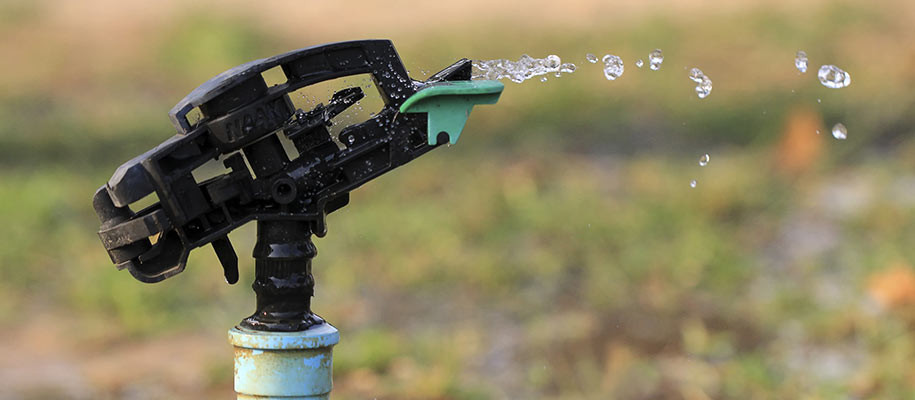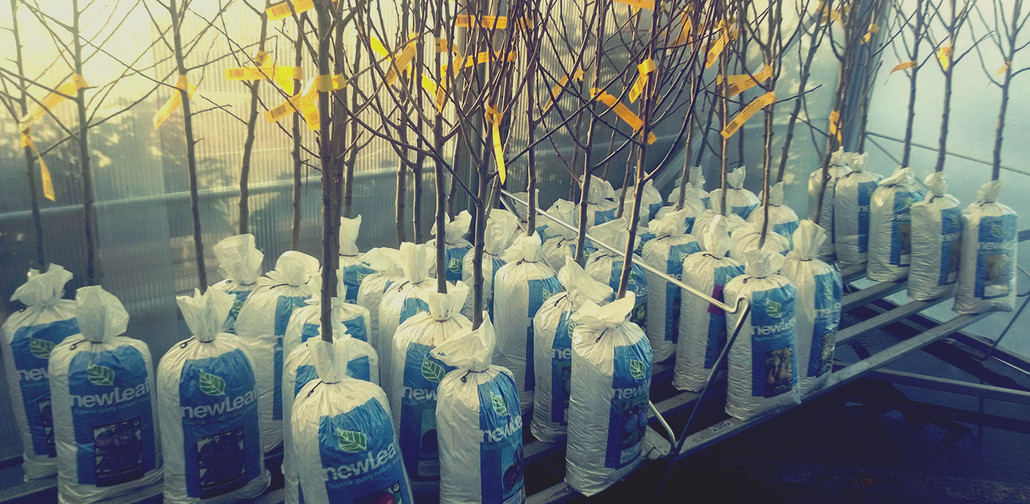Posted by Grange Co-op on 18th Feb 2016
Flower Beds:
Allow foliage of spring-flowering bulbs to brown and die down before removing.
Plant gladioli, hardy transplants of alyssum, phlox, and marigolds.… Read more
Posted by Grange Co-op on 31st Aug 2014
While it’s always wise to be water-conscious in the garden, during periods of drought it’s especially important to conserve H2O. And while less water may seem like a kiss of death to your garden, with a few simple water conservation strategies, your garden may actually be healthier and more productive than usual.
Essential to water conservation is watering wisely. Timing is everything, and ideally you will want to water early in the… Read more
Posted by Grange Co-op on 2nd Feb 2014
Planting bare root trees and shrubs can have big advantages for your yard, garden, and wallet. Bare root varieties – which are dug and stored without any soil – typically cost less money, and they also gain more root mass and are easier to plant with less weight and packing soil or materials to deal with.Timing is everything.
Time your planting precisely because the one drawback to planting bare root plants is the limited planting window. Ba… Read more
Posted by Grange Co-op on 1st Feb 2014
Soils must be considered as a living system. An interface between soil biology, chemistry, and physics. Healthy soils have billions of microbes per tablespoon. Calcium is the predominate nutrient (Ion-atom) in soil chemistry. Manage the soil chemistry and physics and the biology naturally follows.Soil is made up of the following categories of matter:5% Organic Matter
Carbon- Decaying trash-organic matter- made into humic acid by microbes… Read more




